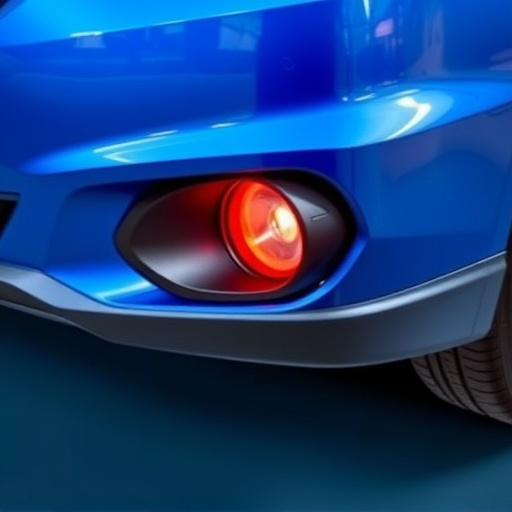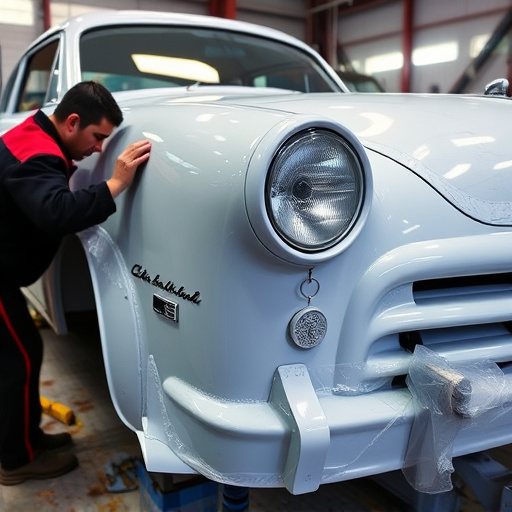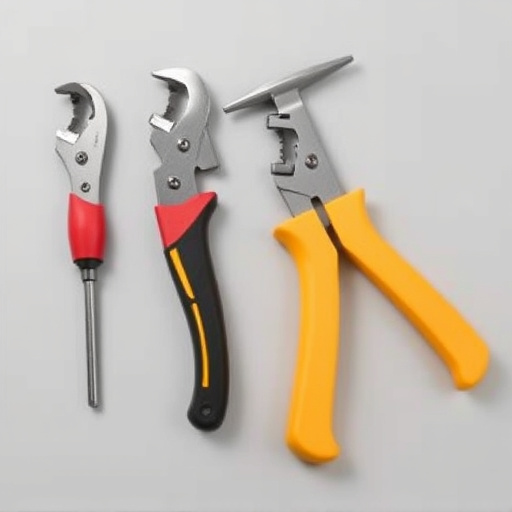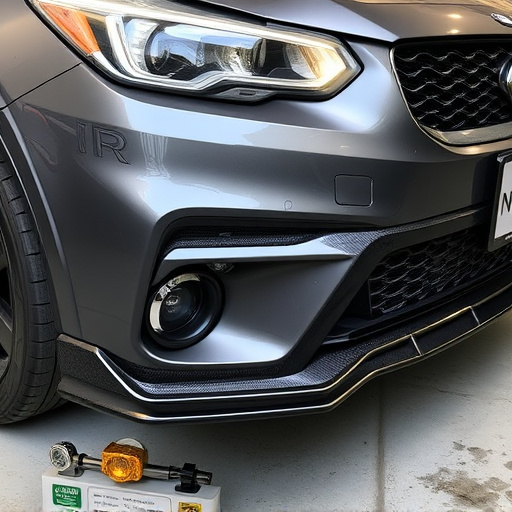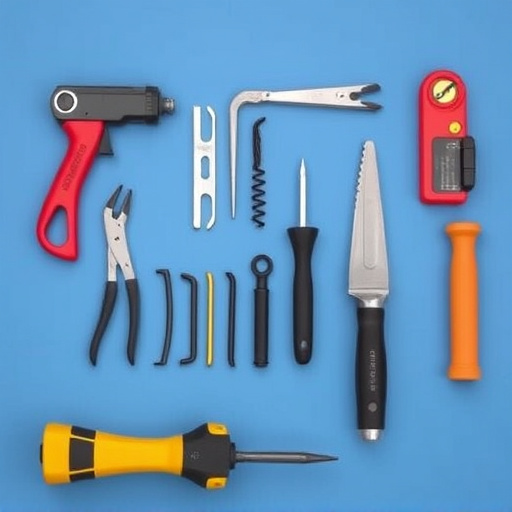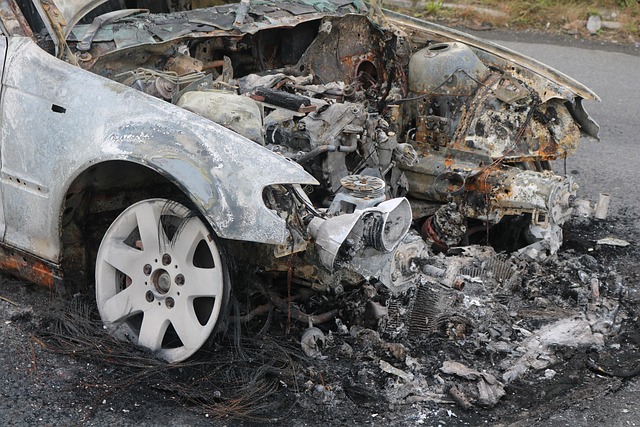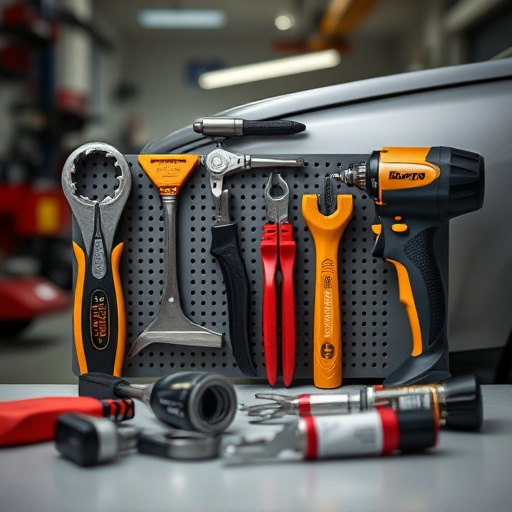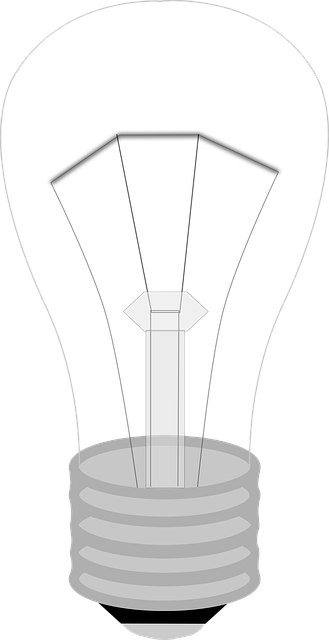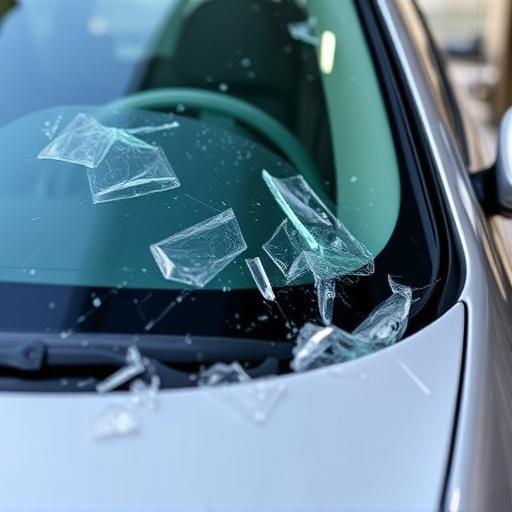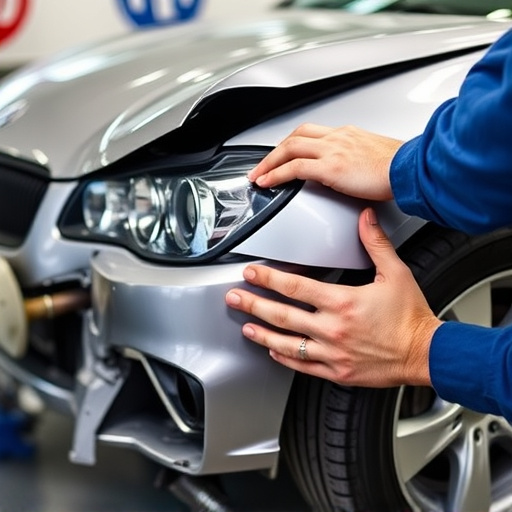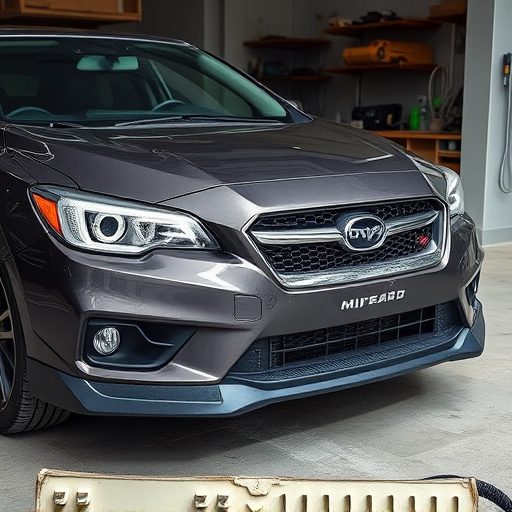Tesla's Aluminum Welding Certification raises industry standards for automotive professionals, focusing on the unique challenges of modern aluminum alloys. This rigorous process ensures safety and quality through strict adherence to protocols, proper PPE usage, clean workspaces, and understanding aluminum properties. Certified welders can handle intricate repairs from minor fixes to complex restorations, enhancing vehicle performance, safety, and reliability for Tesla owners while fostering a robust automotive ecosystem.
Tesla’s commitment to innovation extends to its manufacturing processes, with aluminum welding playing a significant role in building its cutting-edge electric vehicles. To ensure safety and quality, Tesla enforces a stringent Aluminum Welding Certification program. This article delves into the essential requirements and safety guidelines for this certification, highlighting how it contributes to maintaining high standards in Tesla vehicle production. Understanding these protocols is crucial for both welders aiming for certification and consumers prioritizing the safety of their electric vehicles.
- Understanding Tesla's Aluminum Welding Certification Requirements
- Safety Guidelines and Best Practices for Certified Welders
- The Impact of Proper Certification on Tesla Vehicle Quality and Safety
Understanding Tesla's Aluminum Welding Certification Requirements
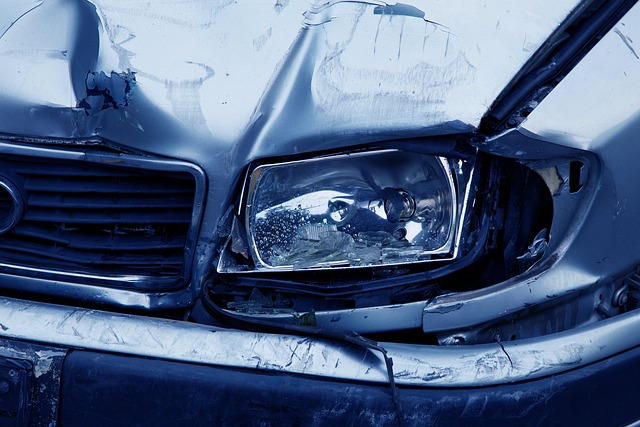
Tesla’s Aluminum Welding Certification sets a high standard for professionals aiming to excel in vehicle collision repair and auto body painting. To obtain this certification, welders must demonstrate proficiency in handling aluminum alloys commonly used in modern vehicles. The process involves adhering to strict safety guidelines, ensuring every welder understands the unique properties of aluminum and the potential challenges it poses during the welding process.
This certification is crucial for maintaining the integrity of vehicle structures and ensuring the highest quality standards in auto body shops. By meeting these requirements, welders can confidently handle intricate aluminum welds, contributing to safer and more reliable vehicle repairs, whether it’s a simple fix or a complex restoration in a vehicle body shop.
Safety Guidelines and Best Practices for Certified Welders

Obtaining a Tesla aluminum welding certification is more than just learning a skill; it’s about adhering to strict safety guidelines designed to protect both the welder and the surrounding environment. Certified welders must be proficient in utilizing personal protective equipment (PPE), including respirators, gloves, and eye protection, to safeguard against harmful fumes and debris. Regular cleaning and maintenance of welding gear, such as ensuring proper filter changes in respirators, are essential practices to maintain safety standards.
Beyond PPE, best practices for certified welders include maintaining a well-organized workspace free from clutter, which reduces the risk of accidents and aids in efficient work. Proper grounding and shielding of metal components are critical to prevent electrical hazards. Moreover, understanding the unique properties of aluminum and its alloys is vital for successful welding, ensuring strength and durability in vehicle restoration and auto maintenance projects, even in the case of tire services.
The Impact of Proper Certification on Tesla Vehicle Quality and Safety
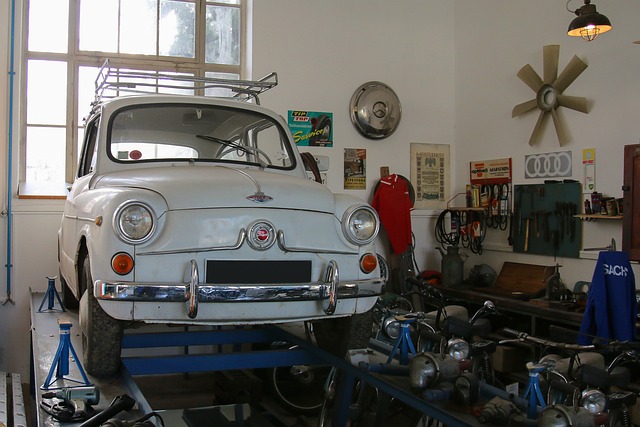
Proper certification for Tesla aluminum welding is paramount to ensuring the quality and safety of their vehicles. Well-trained and certified welders employ specialized techniques tailored to aluminum’s unique properties, minimizing structural weaknesses and potential failure points. This meticulous approach not only enhances overall vehicle performance but also ensures the safety of every passenger.
A skilled welder with a Tesla aluminum welding certification understands the importance of precision, adherence to safety protocols, and using appropriate materials. This expertise translates into better craftsmanship in repairs, from minor car scratch repair to more complex vehicle body repair and even grand car restoration projects. Ultimately, this contributes to a robust and reliable automotive ecosystem for Tesla owners.
Tesla’s aluminum welding certification sets a high bar for safety and quality. By adhering to strict guidelines, certified welders ensure that every Tesla vehicle is constructed with precision and reliability, contributing to both performance and passenger safety. This rigorous process is integral to maintaining Tesla’s reputation for cutting-edge technology and innovative design in the automotive industry.
